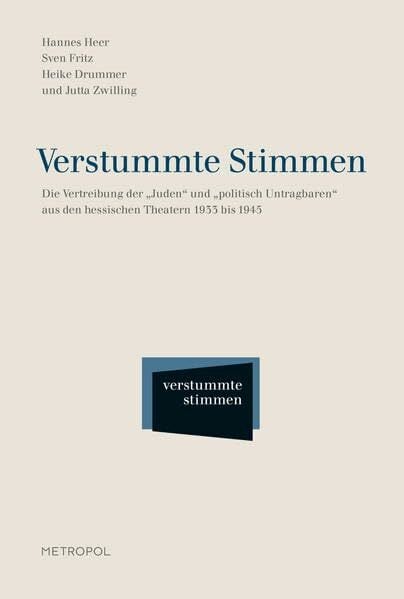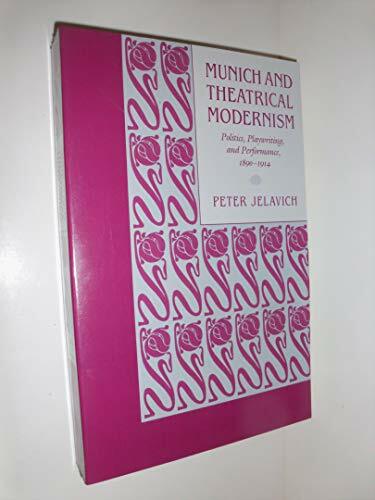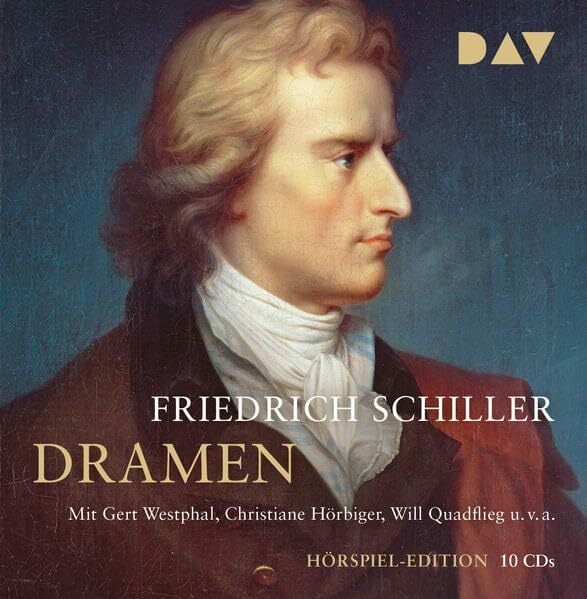
Gerhart Hauptmann and his Historical Plays
Kurzinformation
inkl. MwSt. Versandinformationen
Artikel zZt. nicht lieferbar
Artikel zZt. nicht lieferbar

Beschreibung
In this book, I have explored most of Gerhart Hauptmann's historical plays, his general intentions expressed through the plays, and their relationships to his sources. Starting with Die Weber, I have shown that Socialist or even Communist ideas were much more on his mind during the earlier period of his work as a dramatist than the research community currently recognises. The same can be said for Florian Geyer, which, in part, can be related to the ideas of modern democratic societies, including equality and freedom. I have shown as well that even in his early naturalistic stages as an historical dramatist, Hauptmann used his historical sources quite freely. Nevertheless, as my investigation of Der arme Heinrich shows, Hauptmann very carefully considered specific historical times. The same can be said about Kaiser Karls Geisel. This is a play widely regarded by researchers today as a pure reflection on Hauptmann's supposed love affair with the actress Ida Orloff. This investigation shows that, instead, it should be read as an accusation against merciless early Christian missionary work among the Saxons. Magnus Garbe, considered today to be a late work by Hauptmann that focused on the Kulturkampf, in which he is presumed by many to have supported the Protestant empire in Berlin, can be read as well as a general criticism of the failures of the human mind. Moreover, this investigation has shown that Der weiße Heiland, written for the most part during World War I, should be read today as a general statement promoting peace and negotiations, and not be seen solely as a condemnation of the brutal Spanish missionary work. In Die schwarze Maske Hauptmann clearly takes a stand against absolutism, and shows that he dealt much more carefully with historical sources and the time in which he situated his plays than had been suspected before now. Ulrich von Lichtenstein, as well, is much more than a simple historical picture of a 'glorious' past; instead, throughout the play, the foolish behaviour of courtly love is criticised. Finally, Die Tochter der Kathedrale must be considered, to be a play of inner resistance and rejection of the barbaric Nazi dictatorship of Hauptmann's own time.
Produktdetails

So garantieren wir Dir zu jeder Zeit Premiumqualität.
Über den Autor

- hardcover
- 816 Seiten
- Erschienen 2009
- J.B. Metzler

- Gebunden
- 301 Seiten
- Erschienen 2018
- J.B. Metzler

- Kartoniert
- 235 Seiten
- Erschienen 2017
- Peter Lang Group AG, Intern...

- Gebunden
- 560 Seiten
- Erschienen 2017
- S. FISCHER

- audioCD -
- -

- paperback
- 388 Seiten
- Erschienen 2017
- hansebooks

- paperback
- 96 Seiten
- Erschienen 2018
- Nick Hern Books






































